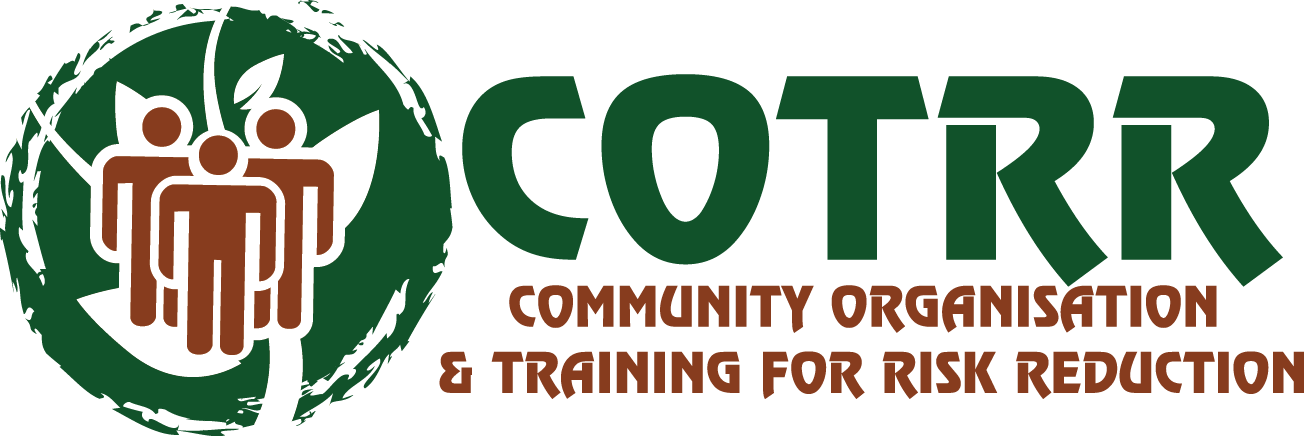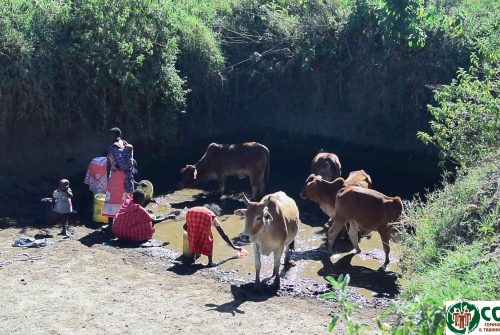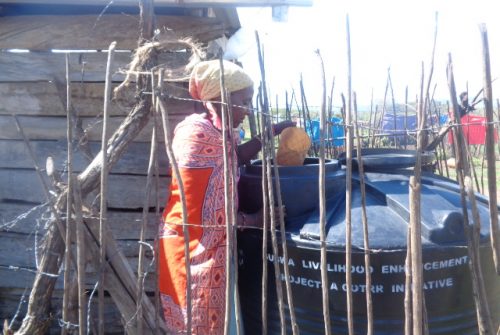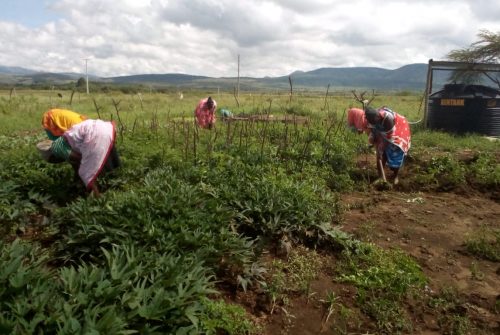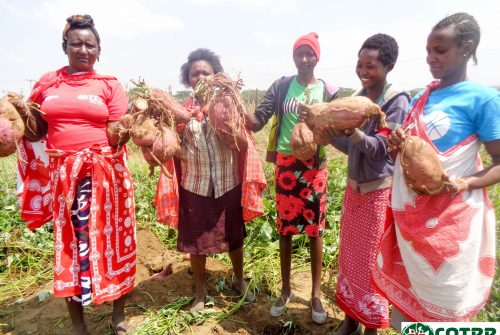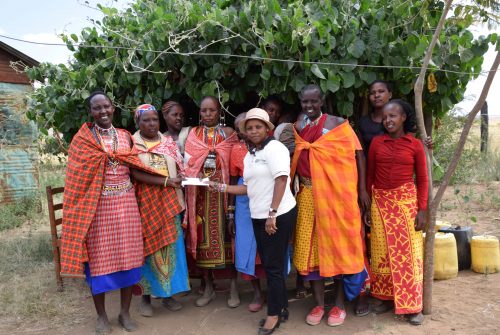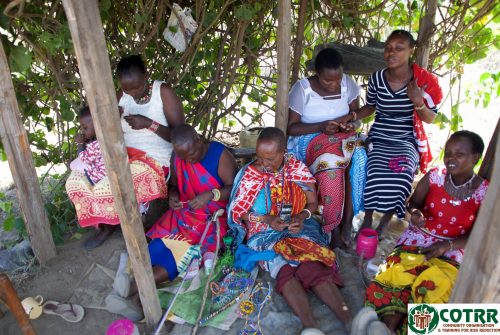In Kiambu, Muranga, Narok and Kajiado counties, community members continue to depend on the environment to provide for their families. This has resulted in over exploitation of resources, soil degradation and exposure to risks in their everyday engagements. As poverty levels in these rural communities skyrocket due to depleted resources, the female gender takes up the household responsibilities as breadwinners and caregivers. They interact more with the environment harnessing every possible resource for survival. This makes women more vulnerable to risks, expose them to poor health, illiteracy, limited access to services and or representation in policy issues. Conflicts over land use and human /women wildlife encounters due to encroachment of forestland especially in the wildlife conservation areas have resulted in loss of lives, livestock and expose women to domestic violence due to delays in performing their expected cultural roles.
COTRR focuses on empowering women to actively participate not only in harnessing the environmental resources but consciously get involved in the revitalization of the environment for the current and future generations. COTRR partners with women groups in the four counties in a participatory approach, utilising available indigenous knowledge, encouraging the women voice in developing sustainable strategies for the implementation of climate security and biodiversity policies as well as grassroots socio enterprises for economic empowerment. The women groups are supported with Income Generating Activities (IGAs) and engage in group savings/ table banking, establishing community safety nets for their families and building resilient communities.
The women groups are involved as FETs (Female Engagement Teams) to create forums for community dialogues and storytelling as well as pathways for socio-economic and governance empowerment in order to entrench their role in sustainable social development and environment conservation efforts.
